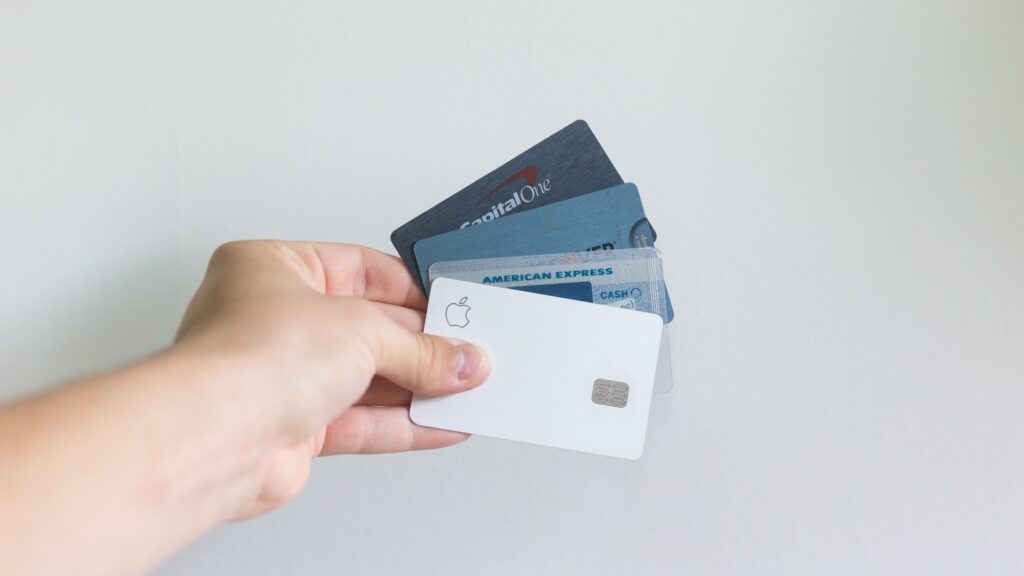If you are facing credit card debt, you may be wondering what it means to be summoned. A credit card summons is a formal notice that lets you know you’re being sued for credit card debt. The summons will include the name of the credit card company or collection agency that’s suing you, as well as the amount of money they’re claiming you owe. If you are struggling to pay off multiple debts, use Credello’s loan consolidation calculator to see how much you can save by merging multiple debts into one monthly payment.
It’s important to take credit card summons seriously, as ignoring them can lead to a judgment being entered against you. This can result in wage garnishment, seizure of assets, or even jail time. If you’re served with a credit card summons, it’s best to contact an attorney immediately to discuss your legal options.
What to do if you are summoned for debt that is not yours:
If you receive a credit card summons for debt that isn’t yours, there are a few steps you can take to resolve the issue. First, you’ll need to obtain a copy of your credit report to verify that the debt in question does not belong to you. If the debt is not listed on your credit report, you can send a certified letter to the credit card company requesting proof of the debt. Once you have received proof of the debt, you can then dispute the debt with the credit card company.
If the credit card company is unable to verify the debt, they will remove it from your credit report. Finally, if you have any documentation that proves you do not owe the debt in question, you should send this documentation to the credit card company. By following these steps, you can ensure that you are only held responsible for credit card debt that belongs to you.
If you believe that you have been the victim of credit card fraud, there are a few steps you can take to dispute the charges. First, you should contact your credit card company and file a report. Then, you should gather any evidence you have of the fraud, such as receipts or bank statements. Once you have collected this information, you can send it to your credit card company along with a written explanation of the situation. In most cases, the credit card company will investigate the matter and refund any fraudulent charges. However, if they are unable to resolve the issue, you may need to file a report with the police or take legal action. By taking these steps, you can help protect yourself from credit card fraud.

